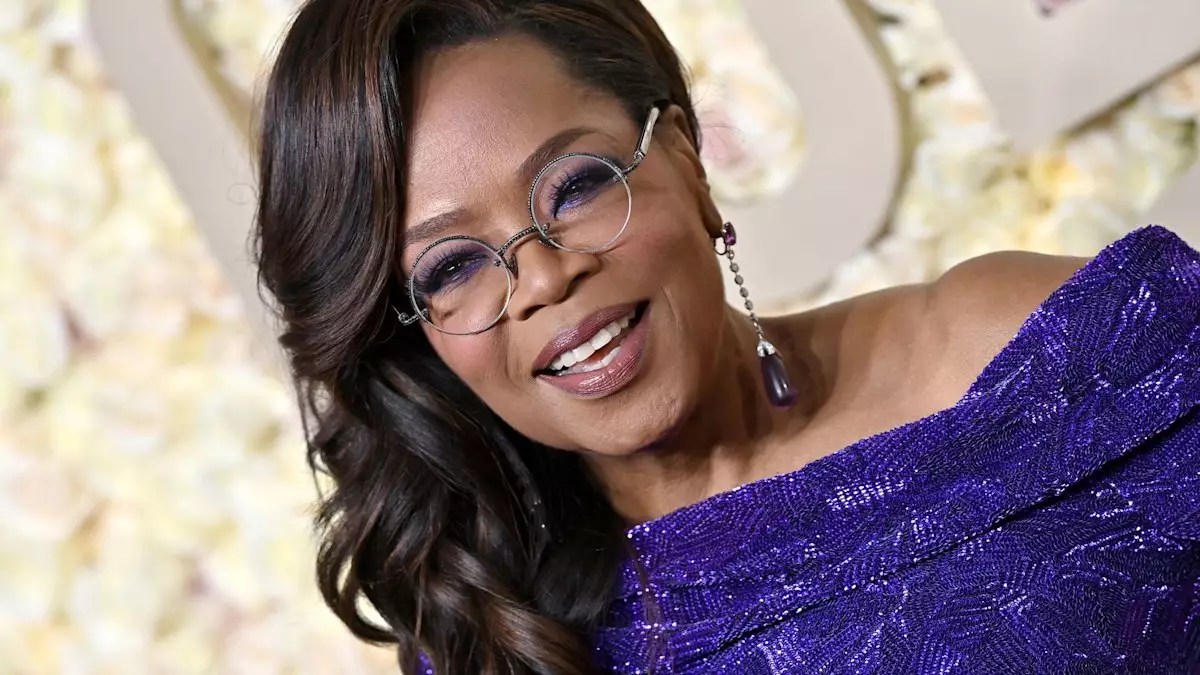Kamala Harris’s recent presidential campaign in 2024 has become a focal point for debates surrounding campaign financing, particularly exemplified by extraordinary expenditures that have raised eyebrows among political analysts and party supporters alike. The revelation of a staggering $2.5 million payment made to Oprah Winfrey’s Harpo Productions for a single town hall event is emblematic of a broader trend within modern political campaigns: the reliance on celebrity endorsements and extravagant spending over traditional grassroots strategies.
The $2.5 million figure, initially downplayed as the more palatable $1 million, has sparked a flurry of discussion about fiscal responsibility in political endeavors. Although Winfrey clarified that her production team was compensated for their work—emphasizing that she personally did not take home any payment—these expenditures beg the question: at what point does extravagant spending on high-profile figures detract from a campaign’s fundamental mission?
Celebrity Endorsements: Are They Worth the Cost?
With the likes of Lady Gaga, Beyoncé, and Bruce Springsteen lending their star power, the Harris campaign clearly aimed for a youthful, energized voter base. However, despite their celebrity draw, critics argue that the effectiveness of such endorsements is limited. Ironically, the Democrats’ lavish approach contrasts drastically with the cost-effective strategies employed by Donald Trump’s campaign, which emphasized reaching voters through accessible platforms such as podcasts and traditional media appearances.
As Trump secured an impressive electoral victory, capturing 312 Electoral College votes and significant congressional support, the Democratic Party found itself mired in $20 million worth of debt. This begs the question: did the overreliance on celebrity endorsements prove counterproductive? Critics assert that the funds allocated for star-studded events could have been better directed toward grassroots organizing and mobilization, which have traditionally been cornerstones of successful Democratic campaigns.
Digging deeper into the Harris campaign’s budget reveals a staggering lack of prioritization. Among the eyebrow-raising expenditures were nearly $9,000 on premium ice cream and approximately $15,000 on food delivery services. Critics have likened such spending to a disconnect from the realities faced by everyday Americans, further eroding the campaign’s image as a grassroots effort aimed at inclusivity.
In contrast, the Trump campaign’s precise targeting of resources demonstrated a more pragmatic approach—steady media engagement rather than flashy events. By choosing to capitalize on inexpensive yet effective outreach methods, Trump’s team not only ensured higher visibility but also utilized funds wisely. Such a contrast reinforces the notion that electoral success doesn’t always correlate with how much a campaign spends but rather how strategically resources are allocated.
Ultimately, the consequences of Harris’s financial decisions reverberated throughout the Democratic Party. The hefty debt incurred during the campaign has necessitated ongoing fundraising efforts which, ironically, focus the party’s resources away from addressing pressing constituent needs and toward paying off campaign debts. Such financial aftershocks challenge the sustainability of pursuing grand, celebrity-driven campaigns in future elections.
Additionally, as party leaders wrestle with these fiscal realities, the specter of future electoral losses looms large. Democrats may find themselves at a crossroads, facing greater pressure to reassess their strategies and consider a paradigm shift towards more sustainable and community-focused political engagement. The critical lesson from Harris’s campaign lies within its glaring financial mismanagement—highlighting the need for a balanced approach that harmonizes the appeal of celebrity endorsements with the necessity of effective campaigning.
While seeking the glamour of celebrities may seem enticing, the ramifications of such moves can have dire effects on a campaign’s viability. Only time will tell if the Democratic Party will learn from Kamala Harris’s tumultuous season, but there is an urgent call to pivot toward strategies that prioritize substantive connections with the electorate over superficial expenditures. The stakes are high, and in a rapidly changing political landscape, adaptability may be the key to future success.







Leave a Reply